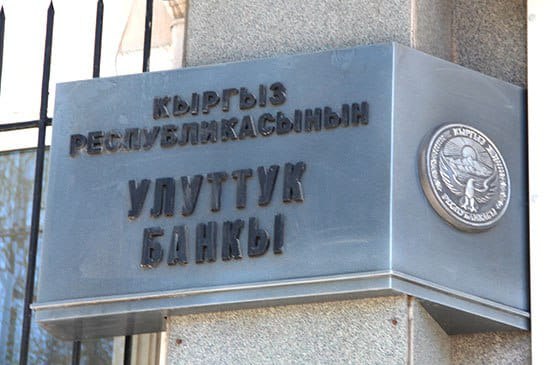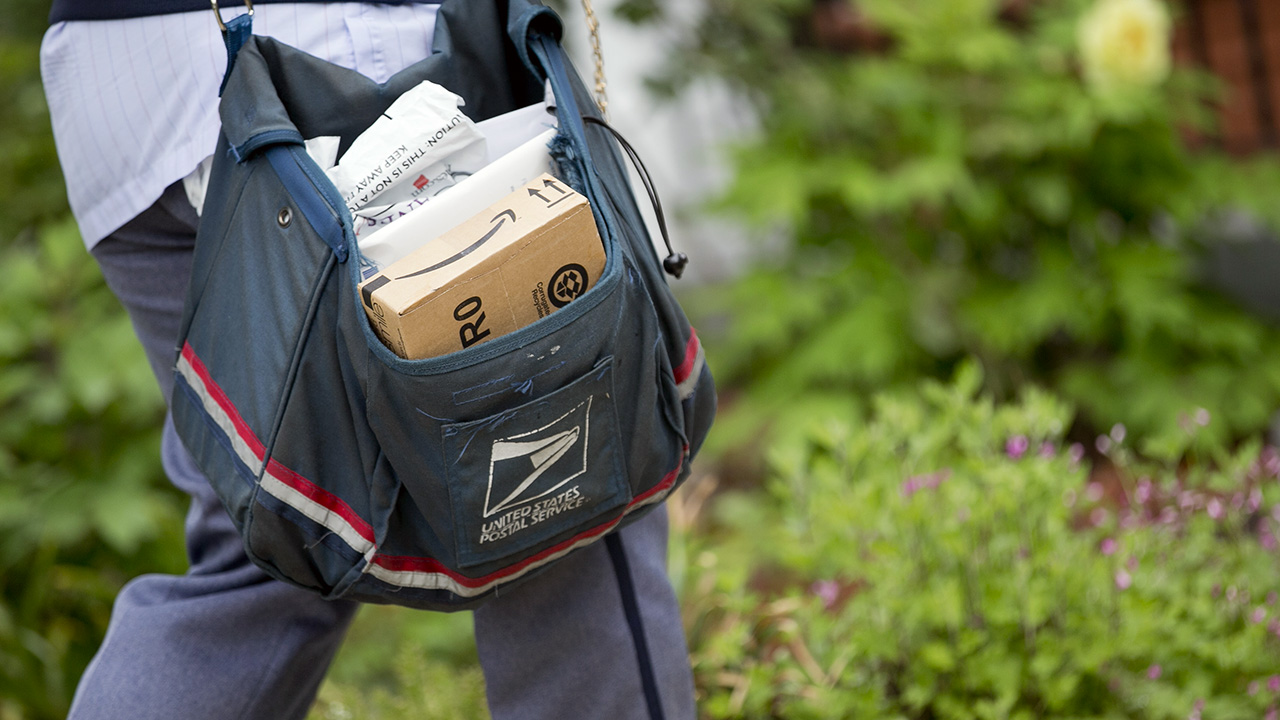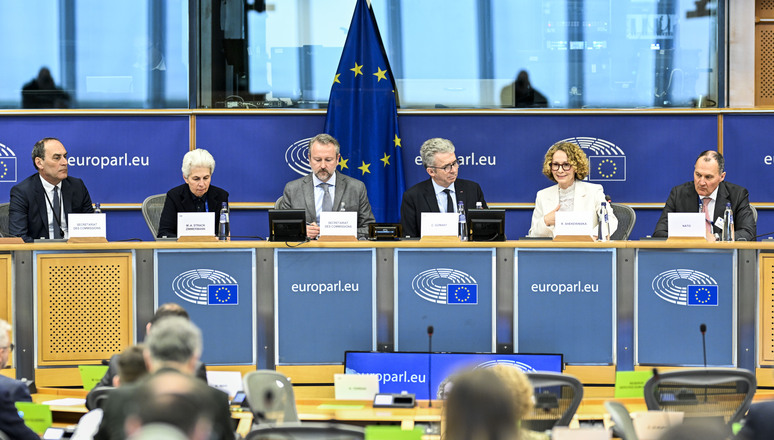Excellent demands from the EC compensation for banned plant protection products

Prague/Brussels – Farmers are unable to protect their crops from pests, fungi, or weeds due to European bans on plant protection products, which is reflected in their weakening. The deterioration of plant conditions may subsequently reduce yields and the volume of this year’s harvest. The Czech Agricultural Chamber pointed this out in a press release today. Minister of Agriculture Marek Výborný (KDU-ČSL) today requested the European Commission to ensure an alternative replacement in the event of a ban on an active substance. And if it is not available, to extend the transitional period during which the existing and safe substance can be used. He stated this today after a meeting at the EU Agriculture Ministers Council (AGRIFISH) in Brussels.
“The number of bans is increasing, and the problem is that very often at the moment of the ban, there is no replacement, no alternative substance that would help farmers remain competitive,” said Výborný. The request that Výborný raised aims to ensure that Czech farmers do not abandon the cultivation of certain crops, which is currently happening.
“There is a decline in the cultivation of more demanding crops, such as fruits or vegetables, and instead, so-called easier crops like wheat are being grown in larger quantities,” said the chamber’s president Jan Doležal. Výborný added that the ban also affects the cultivation of hops, sugar beets, and even forestry. “It’s not about stopping the gradual replacement of products that will be more ecological, but it’s about having a concurrency that is not present today,” stated Výborný.
The minister proposed to the Commission that if it bans an active substance or plant protection product, a corresponding alternative replacement should be available. “If not, then I want nothing more than an extension of some transitional period, an exception, during which the existing and safe substance can be used until the European Commission approves an alternative replacement,” he said. According to him, the Czech proposal was supported by 21 countries.
The Agricultural Chamber stated that according to the European database, out of the original number of 1,465 products, a total of 974 are banned from use. Due to the bans, pests, weeds, or fungi are gradually becoming more resistant to the remaining permitted substances, and it is therefore necessary to repeat the sprays more often. While in the past, farmers had to apply sprays two to three times per season, today it is up to eight times. More frequent applications, among other things, increase farmers’ production costs, as fuel costs, labor, and their wages rise, and there is earlier wear and tear on machinery, the chamber pointed out. (July 14)





















































.png?Expires=1838763821&Key-Pair-Id=K2ZIVPTIP2VGHC&Signature=IO0~CT3pU-TcxGc~yoZSmoQx23MZVuK-~4jSii~NKEblRmyO3el7NXPu~Rh1o23voASg7hlcHLw4kvQuDK1jssEhcjoNBBvEpZ~GGOAU6yosBhpHpeF179F~h7i6VxmsBNh9gtTutkoqY73O2YCFey~IAqSzKbBqETP1kP9cAg1916Z1YkJJs-5MliMrkZ5d7-mWGLbpHp2wGj2VlMph8XzYlL4~y1O7fB~JdIS~Rs4RMRs2x0WT1qUIpHAsf3GdwtOyAmKFSpIg8xCyNGZZ5h~13nXlmpd7uPvW8tBfttpG9pFTqcway-uch5WyfHOEfi7UlJCOWrr6fCYY5PMgSg__)






